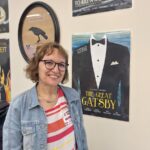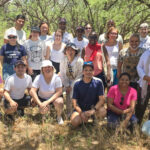An Academic Session and in a Celebration
By Nadeesha Rasanjalee, Sri Lanka
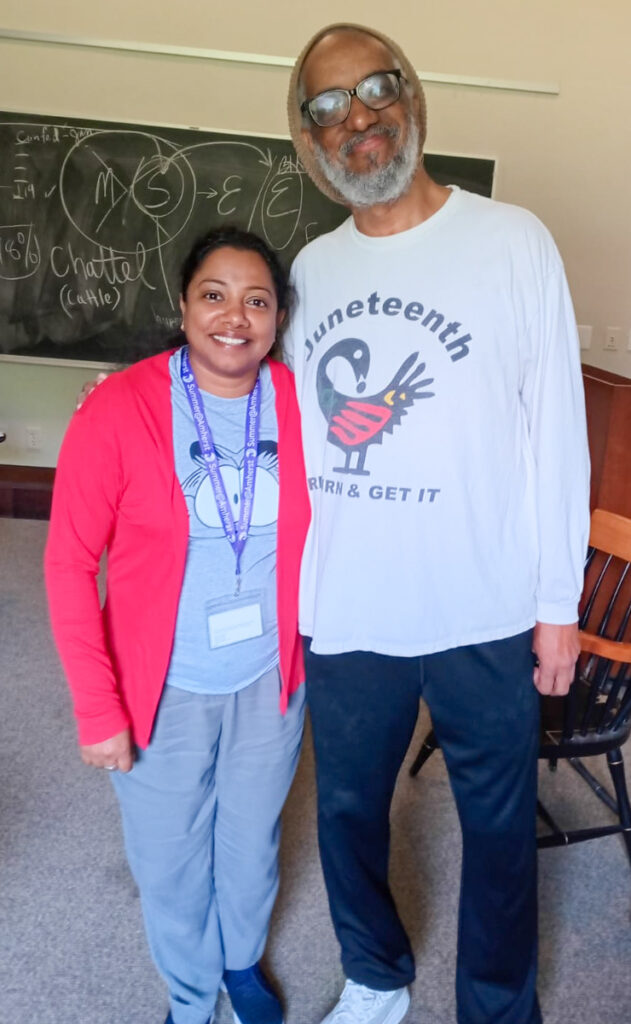
I joined the SUSI programme representing Sri Lanka to learn more about the US culture and the American dream. Discovering what do the people believe and how do they react in the society have been other areas of interests of me. ITD programme directors offered the participants a wide range of academic sessions and field visits to broaden our understanding about US culture and society by being actively engaged in them.
Today, 19th of June, marked the day of breaking the relationship category of master and slave in American Society and awarding freedom for the enslaved Africans in America. It was not only the freedom for the African Americans but a historic incident in US history that uplifted the American nation to the highest level of citizenship and democracy.
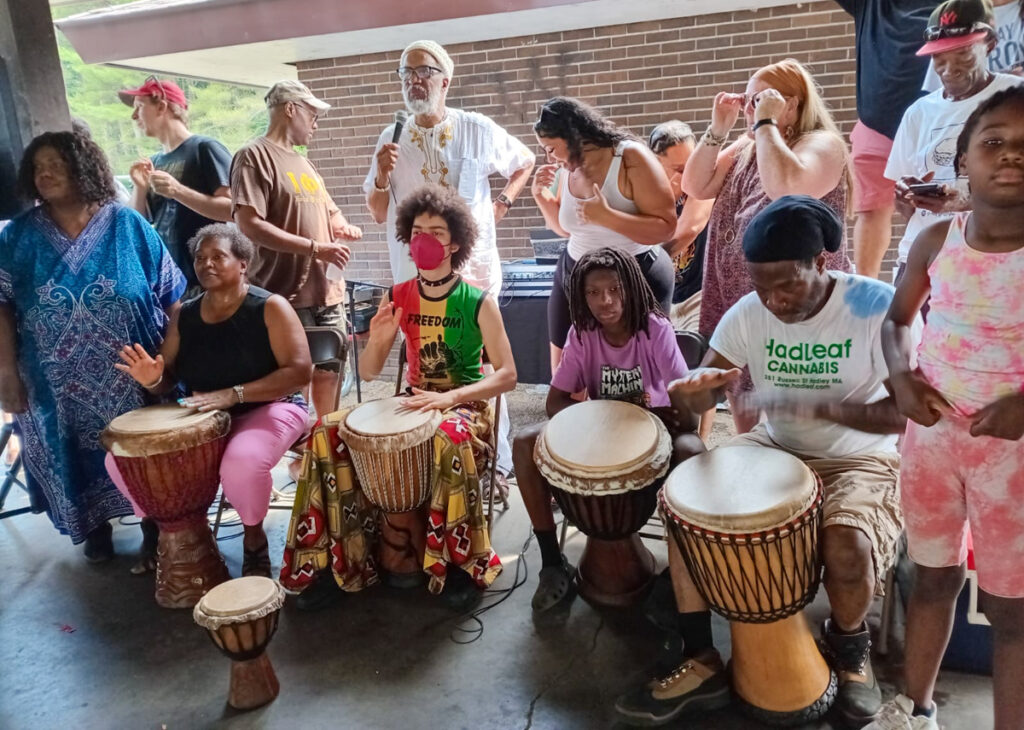
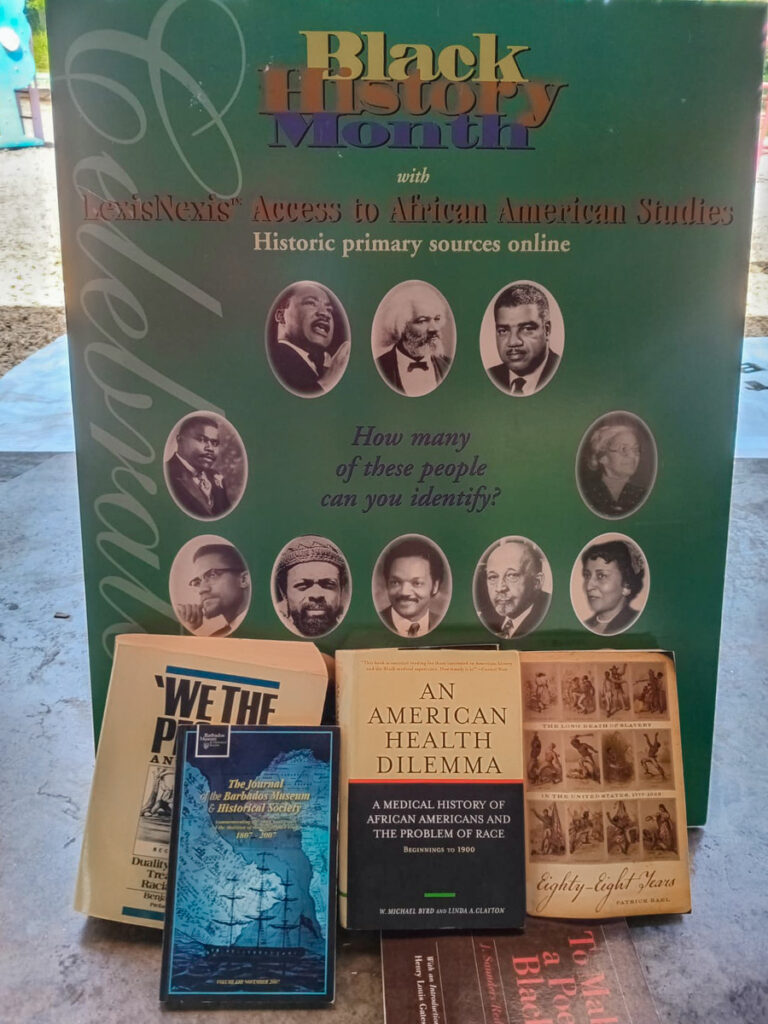
In the evening we got the opportunity to attend the 15th annual Amherst Juneteenth Jubilee organized by the Black Businessmen in Amherst, held at the Mill River Recreational area. It was nicely organized including awarding ceremonies, dancing and drum beating performance, food, games, poetry sessions and children craft tables. It was an amazing opportunity to listen to their moments of both happiness and sadness and to share our feelings of humanity.
The morning academic session at Feyerweather Hall, Amherst College was on “The Meaning of Juneteenth” by Amilcar Shabazz, Professor of History and Africana Studies which deepened our understanding of the event. In 2021, Juneteenth has been declared a federal holiday adding value to the African Americans sacrifice to the American society. The professor revealed the bitter truth of the hardships of African Americans and the steps taken for reparation at three levels; federal, state and the community level. He convinced me of the impracticability of reparations, as this cannot cover the harm slavery has done in relation to the education, health, wealth, justice and dignity of the African Americans.

All opinions expressed by the program participants are their own and do not represent nor reflect official views from the Bureau of Educational and Cultural Affairs of the U.S. Department of State, or of the Institute for Training and Development, Inc.


